Soviet soldier broke samurai sword
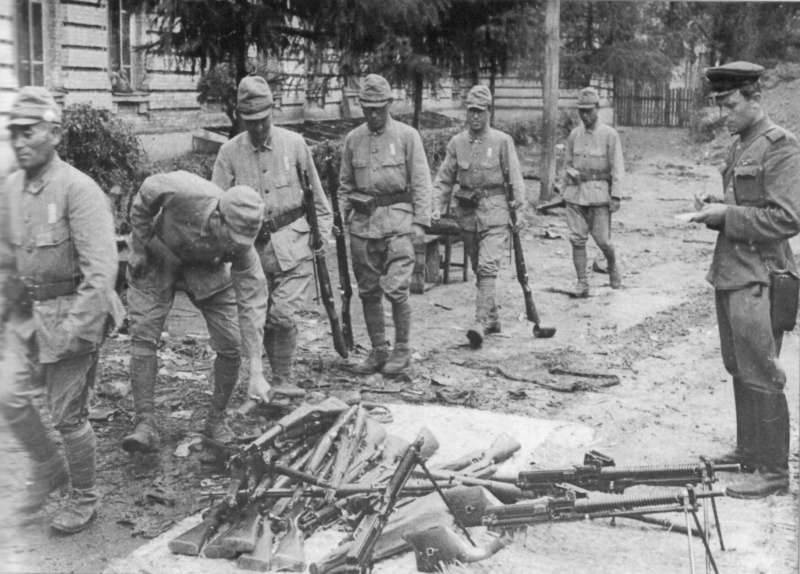
History We study the Great Patriotic War in all details. People who can tell about those bloody events are still alive, and the search work is being conducted very actively. Our country fought not only on the western fronts, but also on the eastern, or rather, Far Eastern. And for those who served there, the war did not end on May 9, but on September 2. Vladimir Ivanovich Trushkin, a resident of the Nikolayev farm, is a veteran of the Far Eastern Front. He spoke about what was happening then on the border with Japan.
The situation in the Far East has developed an explosive. Japan, which entered into a military alliance with Germany and Italy against the USSR, simultaneously concluded an agreement on neutrality with our country. Without attacking the Soviet Union, the Japanese nonetheless launched a war at the eastern borders with other countries. They seized Indonesia and Indochina, attacked China, and on the sea smashed American and British ships and submarines. Despite the neutrality concluded with the USSR, Japan bore plans for an attack on our country.
“The Japanese have agreed with Hitler to meet on Baikal,” says Vladimir Ivanovich. - They wanted to divide Russia among themselves. However, the aggression of Japan, just like Hitler's Germany, was not a secret at the end of the 30s. Therefore, beginning in the 1940 year, Soviet forces were concentrated in the Far East.
Trushkin was sent there.
“I was born in the farm Nifontov,” says the veteran. - Grew up without a father and mother, with an older brother, went to work early. In 1939, I graduated from combiner courses, and in 1940, I was drafted into the army. Not served and the year the war began. I was immediately sent to the Far East in the engineering part. After the German attack on the USSR, Japan, which felt support, repeatedly strengthened its military potential, leading the millionth Kwantung Army to the border with Russia.
“We were constantly on alert,” the front-line soldier continues. - We were ordered to hold the border at any cost, but the Japanese did not openly attack, although they routinely carried out sabotage attacks. Everything was there. Sometimes they didn’t sleep for days, and if they did, they wouldn’t let the machine out of their hands.
The engineering units where Vladimir Ivanovich served served to prepare crossings across numerous rivers in case of repelling attacks. Nevertheless, the Japanese did not dare to attack the Soviet Union. The defeat near Moscow and the defeat of the Nazi army at Stalingrad did not allow the Japanese leadership to start military operations here.
And although the war ended in Europe, here in the Far East, it still continued. But we believed that everything would end soon for us. Indeed, the 9 of May ended the Great Patriotic War, and World War II, the last stronghold of which was Japan, continued until September 2. The Soviet Union denounced the neutrality pact and declared war on Japan. The fighting went on here less than a month, but they also brought a lot of grief to our families: the irretrievable losses of the Workers 'and Peasants' Red Army amounted to 12 thousand people.
The veteran says that he happened to see the famous invincible Japanese fleet. Their part was preparing the crossing at Port Arthur, when suddenly the ships appeared at sea. They did not make a single shot: according to Vladimir Ivanovich, it was rather an act of intimidation, but he did not act on our soldiers.
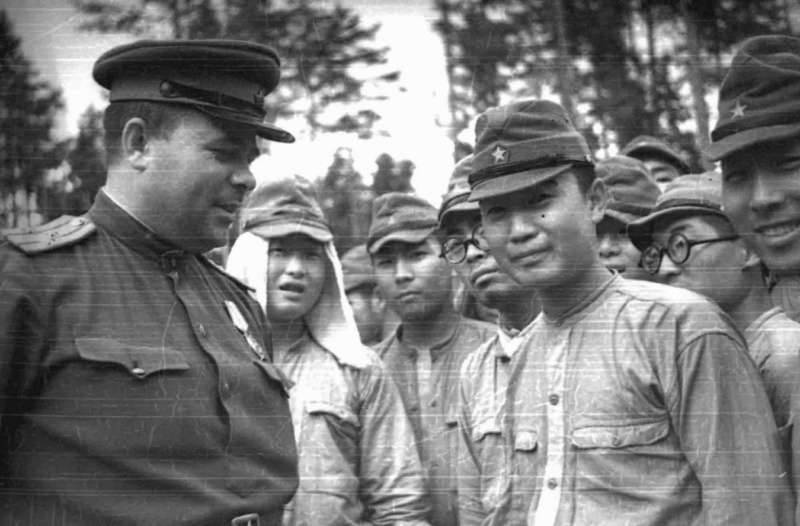
Also, the Japanese considered their combat swords as an act of intimidation, which they then handed over in heaps.
According to the veteran, one of the soldiers took and, jokingly, broke one of the swords. The captured Japanese were amazed to the depths of their Japanese soul. After all, not one arms in the world, according to military historians, the existence of one’s own spirit is not attributed. The first samurai sword appeared in 10 or 15 century. The katana sword, developed in the 16 century, combines the aristocratic beauty and perfect sharpness of the blade. It is said that today, somewhere in the south-west of Japan, Katana swords are still forged. It was here that rare unique deposits were discovered, from which it is possible to obtain steel of excellent quality. The birth of the katana occurs at the very bottom of the smelting furnace, called the Tatar. This traditional Japanese melting furnace reaches about three meters in length and about one meter in width and about two meters in height.
But about all these subtleties it became known much later, but while there was a war, and the samurai surrendered to the polls in captivity.
The further sad history of Japan is known to everyone: the atomic bombs dropped by the Americans on Hiroshima and Nagasaki forced the rising sun to capitulate on conditions that were not advantageous for them.
After serving five and a half years in the Far East, Vladimir Ivanovich returned home.
Vasily Skrynnikov was born again
“They took me to the war, and after short courses, I became the divisional signalman of the Fourth Ukrainian Front,” Vasily Timofyevich said.
He remembers the spring of 1945, the Oder River and the bridgehead on a small piece of land on the opposite bank. Soon our soldiers broke through the enemy defenses in the area of one of the closest cities to Berlin and reached the heights - the last stronghold of the enemy in front of the gates of the German capital.
- We just managed to restore the interrupted connection, as I was seriously injured. Then, Khoroshilov from the village of Khleborobny sent a letter to my family in which he reported that I had died in battle. Then the grief entered our house. The relatives, though they wept bitterly, were still glimmered in their hearts. They believed, waited. And no one knew that I had been in a military hospital for half a year now, I was unconscious for a long time, I lost one kidney. But I still managed to survive. Doctors joked: "You were born the second time." When he came to himself, he immediately wrote a few lines to his relatives: “Alive, I am undergoing treatment at the hospital.” And how glad everyone was when they received this news from me! Mobilized home disabled second group war. After the Victory, I was still awarded the Order of the Patriotic War, I degree.
Vasily Timofeevich carefully and carefully collects his awards, and he has more than a dozen of them along with jubilees, but because of modesty he wears them very rarely, and drops them thoughtfully, as if to sum up the conversation:
- Sometimes it was thought at the front: I must not survive this hell of war - there is no longer any strength! And then I remember my native lands, my village, Fertile, where I once lived and worked - and hope and strength reappear. I regret only that I did not manage to get to Berlin, although I was very close to him.
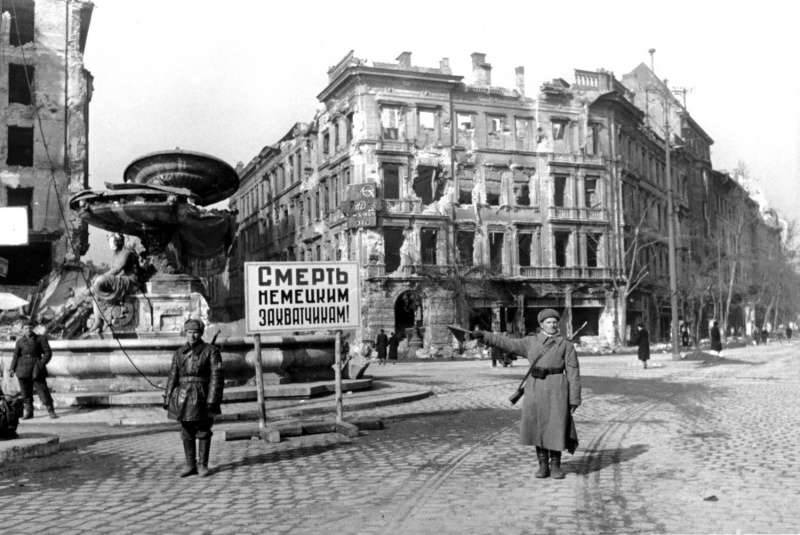
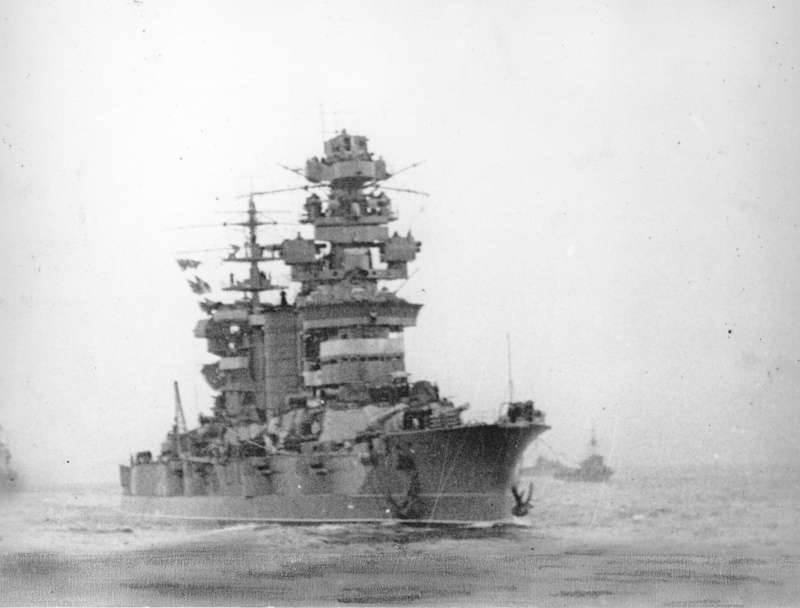
Ivan rose from the dead
Bogdanov Ivan Markelovich was called to the Red Army in 1941 year. He was enrolled as a private in the 902 th Infantry Regiment. He fought on the Ukrainian front from the first day of the war. He was captured by the Germans. Three days later, cutting the wire fence, ran along with a friend. Waiting for flashes of signal flares, they ran as far as possible from the camp. They managed to cross the front line, got into some village, took refuge in the shed of one of the courtyards.
In the meantime, the head of the local military enlistment office assembled a group of similarly captured soldiers and sent them to a military unit. Ivan fought on the river Mius. There were very fierce battles, killing about a million soldiers. But he survived in that hell.
- Shells exploded one by one, nothing could be seen from the smoke and dust. After one of the explosions, I was contused, I fell down, covered with earth. When everything calmed down a bit, a lieutenant and two soldiers ran across the battlefield, hoping to find the survivors. And they had already passed by, but the lieutenant noticed or felt that I was alive. I ordered to dig, send to hospital where I quickly went on the amendment, - Ivan Markelovich told.
On the way from the hospital he was lucky to be at home. He spent the whole night with his wife and children in the village of Lovely. The next morning after meeting with his relatives, he left for the military unit. And again in battle. Then a slight wound, and again in the hospital. Ivan Markelovich completed his march in Budapest, as part of the 429 Infantry Regiment.
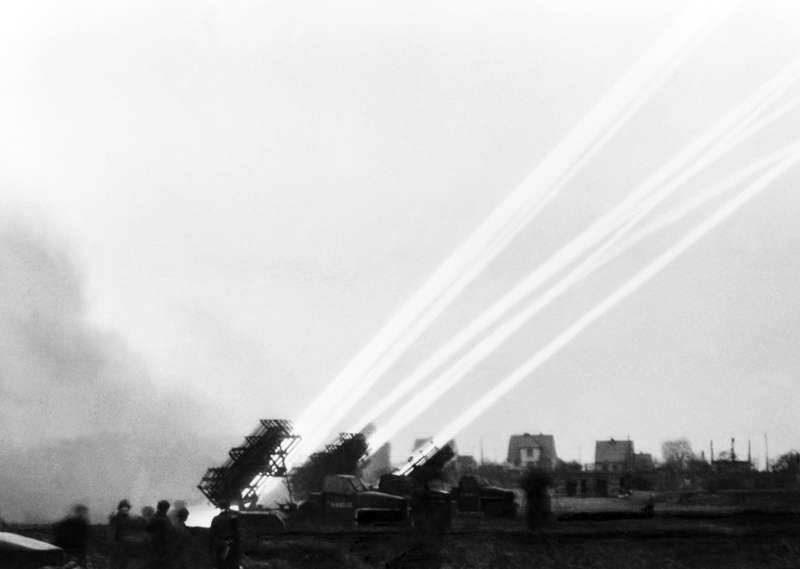
Americans calm down "Katyusha"
When the veteran of the Great Patriotic War Minigali Minimuhammetovich Girfanov celebrated his ninetieth birthday, he confessed to me that his real birthday was February 23. It turned out that in childhood the Minigali metric was lost, and a new birth certificate was given to him only in 16 years, and with an error in the date, however, they refused to rewrite.
He said that 71 a year ago, just on the night from 22 to February 23, the crossing of the Dnieper began. Minigali and two of his comrades were sent first, because they urgently needed a connection, and he was a signalman. They chose the skinniest and lightest, because the ice was weak and the task was responsible. Communication for the army is important. They crossed over to the other side as quickly as possible: at any moment a shell could fall on the ice.
The opposite shore was steep, which made it difficult to complete the task, but the fighters climbed onto it, standing on each other’s shoulders. In 20 meters from the shore, an enemy dugout was found, showing no signs of life. The other fighters who came to the rescue opened fire at the entrance to the dugout. Thundered explosion. When the smoke had settled down, the bodies of three Germans were found in the destroyed structure. Only now the young soldier realized the danger he was exposed to, that from the moment of the beginning of the crossing his life was close to death. Looking around the Dnieper, Mingali saw a terrible picture of the crossing:
"Left bank, right bank,
Rough snow, ice edge.
To whom is the memory, to whom is glory,
To dark water.
His comrades were dying before his eyes. But the fighting continued, the Reichstag was captured, but the positions of the army were fired from the side of the Elbe. It turned out that they had landed allies. The Americans were sure that they were bombarding the fascists, then “to clarify the information” they were hit by “Katyusha”, and the fire from their side stopped. After all, everyone knew: there was no such deadly weapon in any army in the world.
A part of it remained in Berlin until the fall, then it was sent to Europe: after the signing of the Warsaw Pact, our soldiers carried service there for many more years.
Minigali returned to civilian life only in 1950.
Meeting of Basil and Stalin
When I met a veteran of the Great Patriotic War fleet Vasily Vasilievich Klyzhenko had his birthday and he clearly did not want to remember the difficult war years.
The sailors presented the cake, read out the welcome address and presented a portrait of Stalin, whom Vasily Vasilyevich personally saw. Being a 13-year-old boy, in Gagra, together with his teenage boyfriends, Vasily made his way into the country house to get fruit from the trees. The unwelcome guests did not notice how a small group of seven-five men approached from behind them, headed by Generalissimo himself. Looking around, the guys, taken by surprise, froze in surprise, waiting for punishment for their tricks. However, coming closer, Stalin saw the knocked down apples, slowly, calmly, with his Georgian accent, looking at the hooligans, said: “Well, have you already ripened?” The guys opened their mouths in surprise, and then answered in unison: “Yes, they are already ripe ". He said calmly: “Good. Go on, ”and along with the others went further along the square. And the guys still could not recover. And they often recalled this meeting with the head of the Soviet state.
Vasily Vasilyevich remembered the service on the battleship Sevastopol during the war years. The story struck a description of the dimensions of the ship's guns: the length of the main caliber gun barrel on the battleship was 12 meters, diameter over 700 millimeters, weight 40 tons, projectile length more than a meter, and weight about 900 kilograms.

After the war, a veteran of several years was a prize-winner of the Soviet Navy swimming and champion of the Black Sea Fleet in water polo and football.
Information